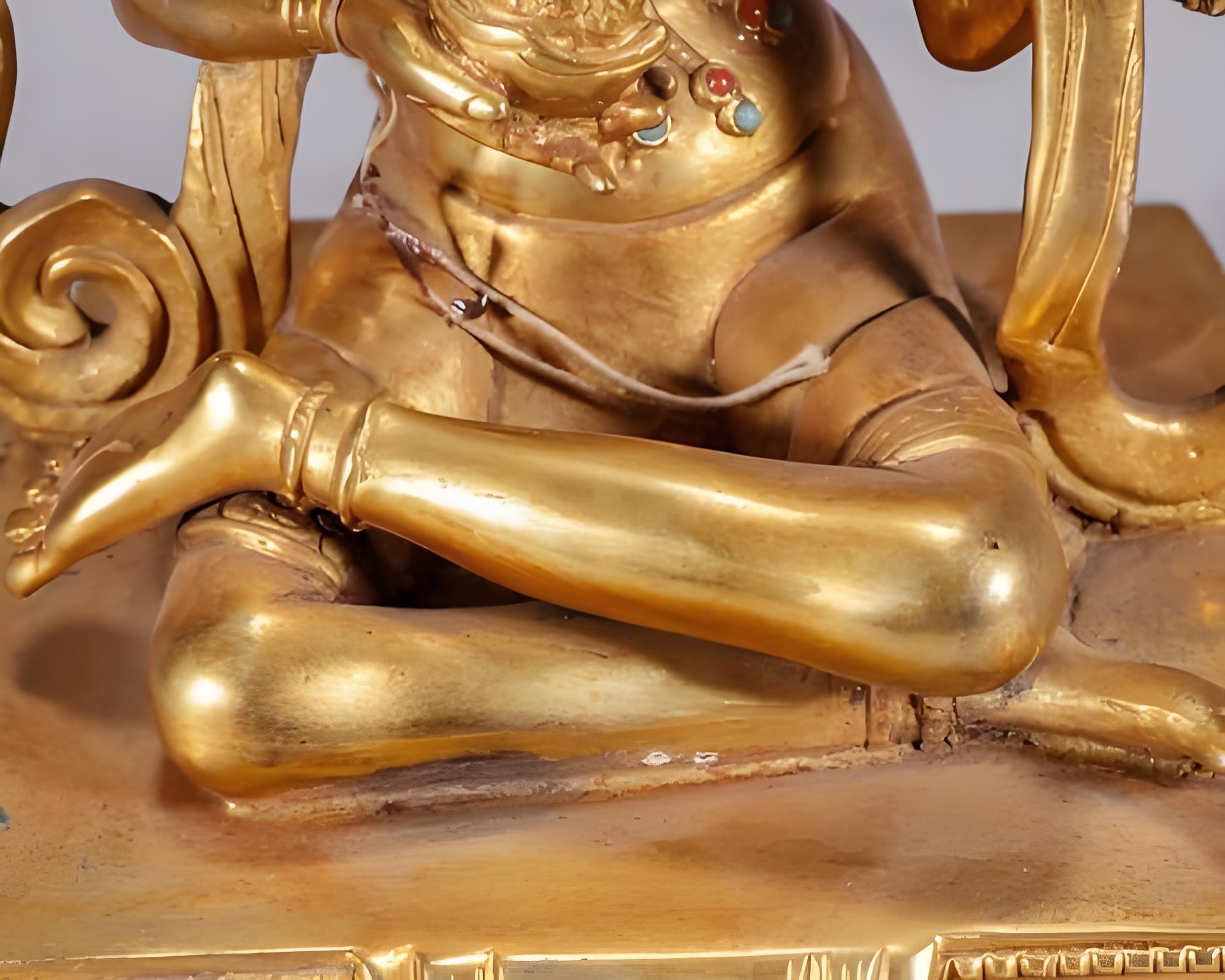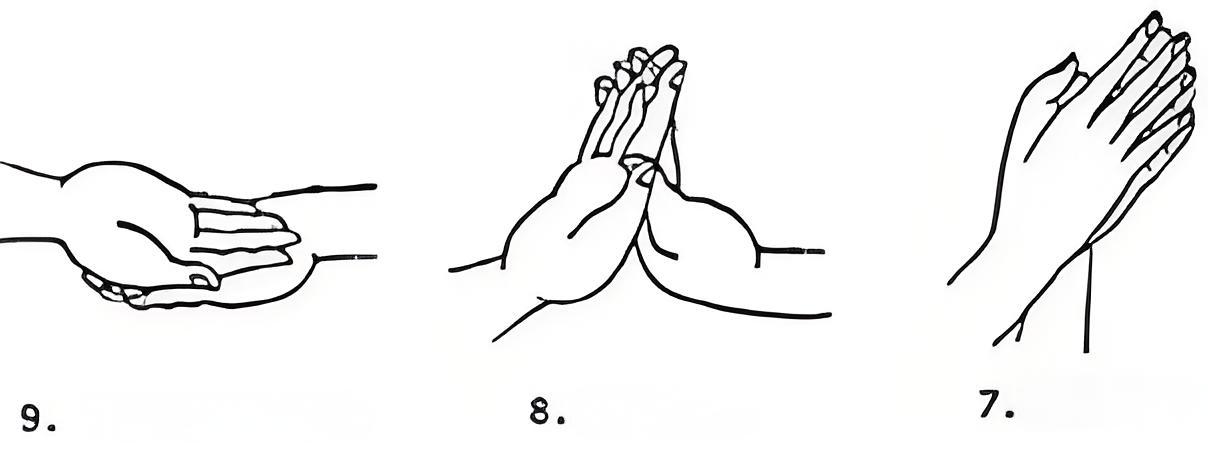type
status
date
slug
summary
tags
category
icon
password
AI summary
Zen meditation primarily cultivates the power of the mind. The true purpose of Zen meditation is to achieve life's awakening and liberation.
The "Noble Eightfold Path" is the route Buddha left for humanity to reach ultimate awakening.
Right View

In scriptures, right view is often compared to "eyes," enabling practitioners to establish correct understanding and move towards a life of goodness, enlightenment, and liberation. Once practitioners establish this "Dharma eye" of right view, it sequentially triggers the emergence of the other seven parts of the Noble Path, stepping towards the correct direction in life.
Right view refers to the correct understanding of the Four Noble Truths: suffering, the origin of suffering, the cessation of suffering, and the path leading to the cessation of suffering. The Four Noble Truths are the core of the entire Theravada Buddhist doctrine.
- Suffering - Has multiple aspects including "impermanence, defects, and pain." Buddhism states that all life is suffering, meaning all life is impermanent and flowing, without substance; flawed, without control, and subject to various sorrows and afflictions. This is the first truth of life.
- Origin - Points out the root of suffering. Whether it's various sufferings arising in this life or the driving force of the cycle of rebirth and death, the fundamental cause is the three unwholesome roots in the heart - greed, hatred, and delusion. This is the second truth of life.
- Cessation - Eliminating greed, hatred, and delusion ceases various sufferings. This is the third truth of life.
- Path - Practicing the Noble Eightfold Path can counteract greed, hatred, and delusion. This is the fourth truth of life.
When encountering life's troubles, one won't be trapped in distress or blame others, but calmly accept difficulties, solve problems, and develop a mind of renunciation. When encountering life's joys, one won't be lost in happiness or develop endless attachment, but understand that both suffering and happiness are impermanent and without substance or permanence. One can gradually liberate oneself from suffering and happiness, from greed, hatred, and delusion.
In fact, any form of life constantly demonstrates the truth of the Four Noble Truths, but those without the right view of the Four Noble Truths are unaware of this, only trapped in greed, hatred, and delusion without being able to extricate themselves.
Right Intention

Right intention is: analysis, decision, understanding, comparison, and determination in accordance with the Four Noble Truths.
The Four Noble Truths are a truth about life. If a person develops right view, everything related to life - their life, living, encounters, etc. - becomes teaching material to deepen their understanding of life's wisdom. They naturally analyze, decide, understand, compare, and determine in accordance with the Four Noble Truths.
Therefore, with the arising of right view, right intention naturally emerges, establishing a correct outlook on life and setting a correct life goal - understanding that life is suffering and aiming for enlightenment and liberation. With the arising of right intention - the correct goal - one will inevitably put the goal into practice, continuing to develop the mind to practice the remaining parts of the Noble Path in moral discipline and concentration - right speech, right action, right livelihood, right effort, right mindfulness, and right concentration to complete the path. Thus, the function of right intention is: connecting forward to right view, and backward as a driving force, inspiring people to practice the six remaining parts of the Noble Path.
Right Speech

Right speech refers to correct language and speaking, which means avoiding false speech, divisive speech, harsh speech, and idle chatter - the "four verbal misconduct."
- False speech - Lies, intentionally deceiving others for one's own benefit.
- Divisive speech - Words that create discord between people.
- Harsh speech - Coarse and vulgar language.
- Idle chatter - Using beautiful words to embellish meaningless things, such as obscene jokes.
Practicing right speech purifies our verbal karma, making our language sincere, upright, gentle, and beneficial to others.
Right Action

Right action refers to correct behavior, which means avoiding killing, stealing, and sexual misconduct - the "three bodily misconduct," ensuring our bodies do not harm others but benefit them.
- Killing - Intentionally acting to kill or harm human life and the life of any being.
- Stealing - Intentionally taking items that don't belong to oneself, including smuggling, tax evasion, extortion, damaging public property, etc.
- Sexual misconduct - Refers to sexual behavior. Those living a monastic life abstain from all sexual behavior; those living a lay life abstain from violating women and damaging their chastity.
Right Livelihood

Right livelihood refers to the correct way of making a living. For laypeople, right livelihood means earning a living through proper occupations, avoiding professions that violate the "three bodily misconduct" and "four verbal misconduct."
Right speech, right action, and right livelihood constitute moral discipline. In moral discipline, it's not just about not engaging in these unwholesome actions, but having a force of non-rejoicing, non-praising, vigilance, restraint, and resistance towards these unwholesome actions. In the scriptures, Buddha told Brahmin elders that morality - abstaining from three bodily misconduct and four verbal misconduct - is based on the principle of treating others as you would want to be treated. If one maintains morality and has unwavering faith in the Triple Gem (Buddha, Dharma, and Sangha), one can attain the first fruit of enlightenment.
Right Effort

Right effort, also called "right method," means "using appropriate methods for improvement."
In Buddhism, diligence and effort carry the meaning of "corresponding, appropriate, skillful" diligence and effort, not just blind hard work. This already belongs to the realm of concentration, making appropriate efforts for the elevation of the mind. Its content can be divided into four different aspects of diligent effort:
- Abandoning arisen unwholesome states;
- Preventing unarisen unwholesome states from arising;
- Arousing unarisen wholesome states;
- Maintaining and developing arisen wholesome states.
The standard of effort varies from person to person, everyone is different. Generally speaking, as long as it brings joy and enables continuous progress, such effort is the right standard for oneself.
上一篇
Zen Meditation - The Noble Eightfold Path to Life's Awakening Part 2
下一篇
Zen Buddhist Ancestral Temples
Loading...






